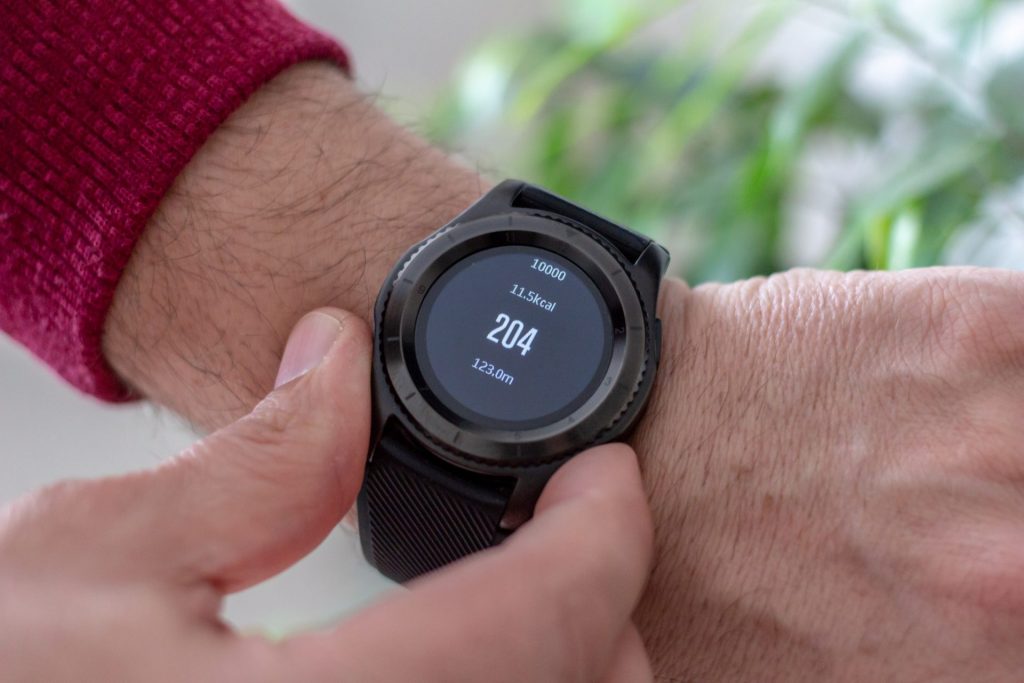Dr Christos Efstratiou from the School of Engineering and Digital Arts responds to the news the government is hoping to make better use of technology to improve healthcare for UK citizens to reduce pressure on the NHS.
‘There is an increasing pressure on our health system to support people with long-term illnesses and an aging population. The announcement from the health minister reflects a general trend that we observe globally in recent years towards continuous health support that is closer to peoples’ homes,and tailored around their specific lifestyle.
‘Technology can play a central role in realising this vision. Wearable technologies such as smart wrist-worn devices can capture important health signals, like the heart rate of a person and their physical activity. Such signals can help monitor their general lifestyle, but more importantly can be used for the early discovery of high-risk conditions that may require investigation by a specialist. Moreover, there are currently a number of ongoing efforts in utilising smart technologies at home, to help aging people live a more independent life, and deliver health support when needed.
‘Homes embedded with appropriate sensing technologies, and the integration with “Internet of Things” connected appliances, can be used for example to detect accidents at home, regular medication intake, but also potential changes in mental health (e.g. depression). The aim for these developments is not to employ technology as a means to replace specialist health support. Instead, technology will enable specialists to understand better the well-being of their patients, and deliver tailored health provision when needed.
‘The end objective is to offer tailored and more rapid support for those that are in need of specialist care, increase confidence for patients that they are being taken care of on daily basis, while at the same time reduce the load on the NHS by detecting conditions early when they are easier (and cheaper) to treat.
‘In order to make this vision a reality for the wider population there is a need for significant and sustainable investment both from the government and the technology industry. It is welcome news that the government is placing the use of smart technologies at the heart of the future plan for NHS. But there is a long road ahead.
‘The academic and research community in the UK have already explored a range of potential solutions that can fit in that vision. However, a range of these solutions have not yet been properly validated through clinical trials. In order for such findings to find their way in the real world, there is a need for appropriate funding to bring the academia, technology industry and health specialists together.
‘Extensive trials, which are medically validated are limited for most of these technologies. Any future plan to make these technologies applied at a nationwide scale will require funding for extensive trials and validation by interdisciplinary teams.’

